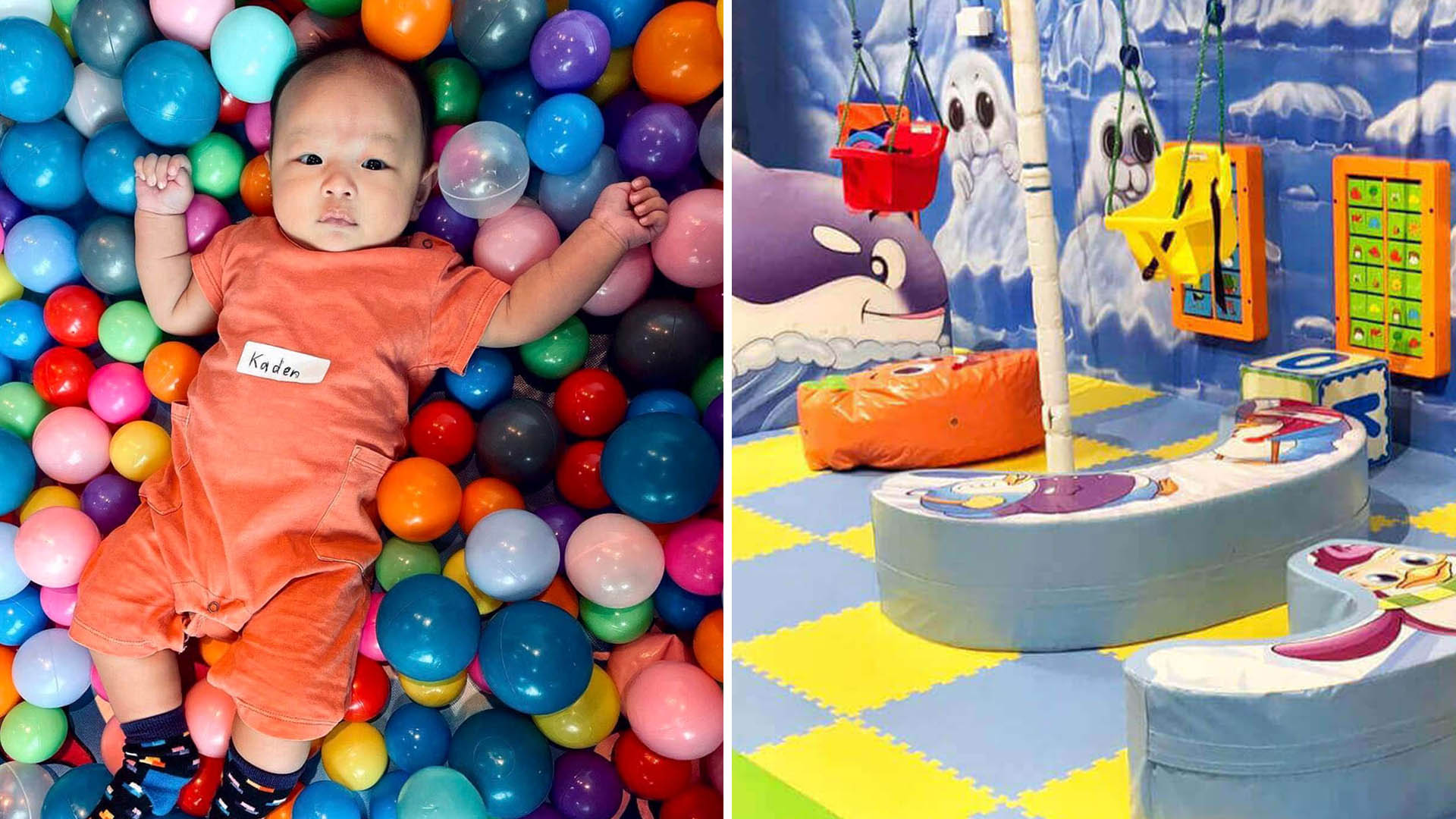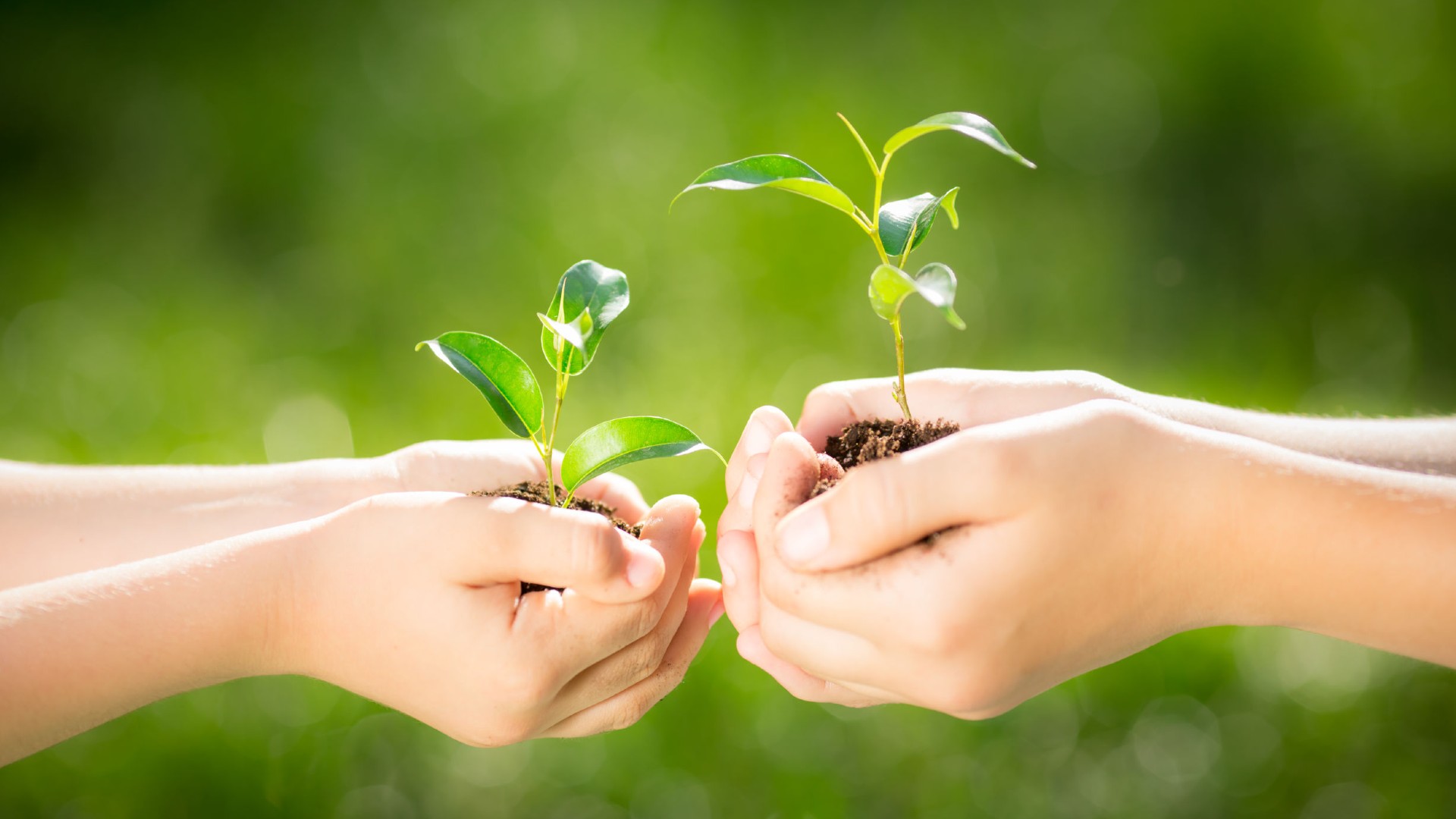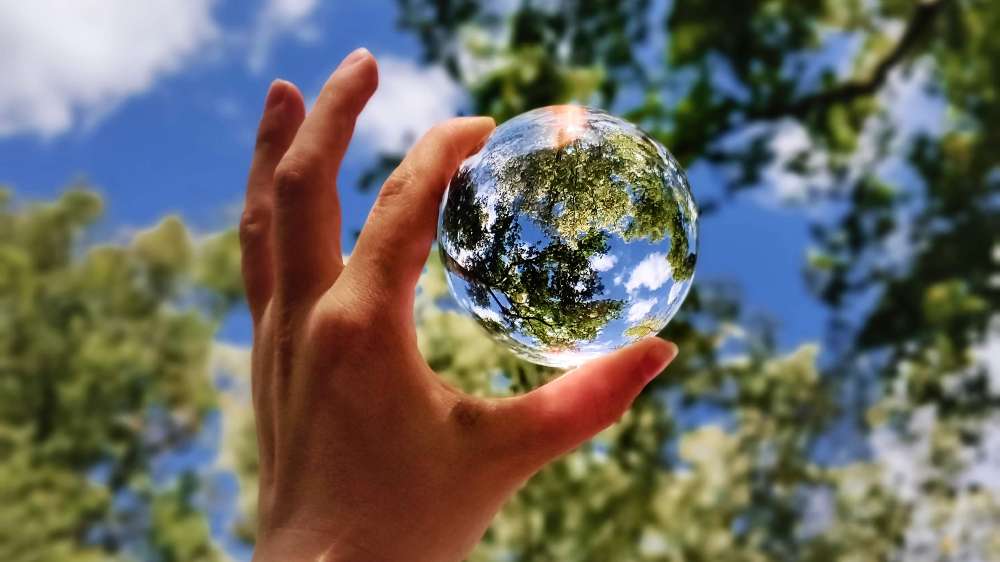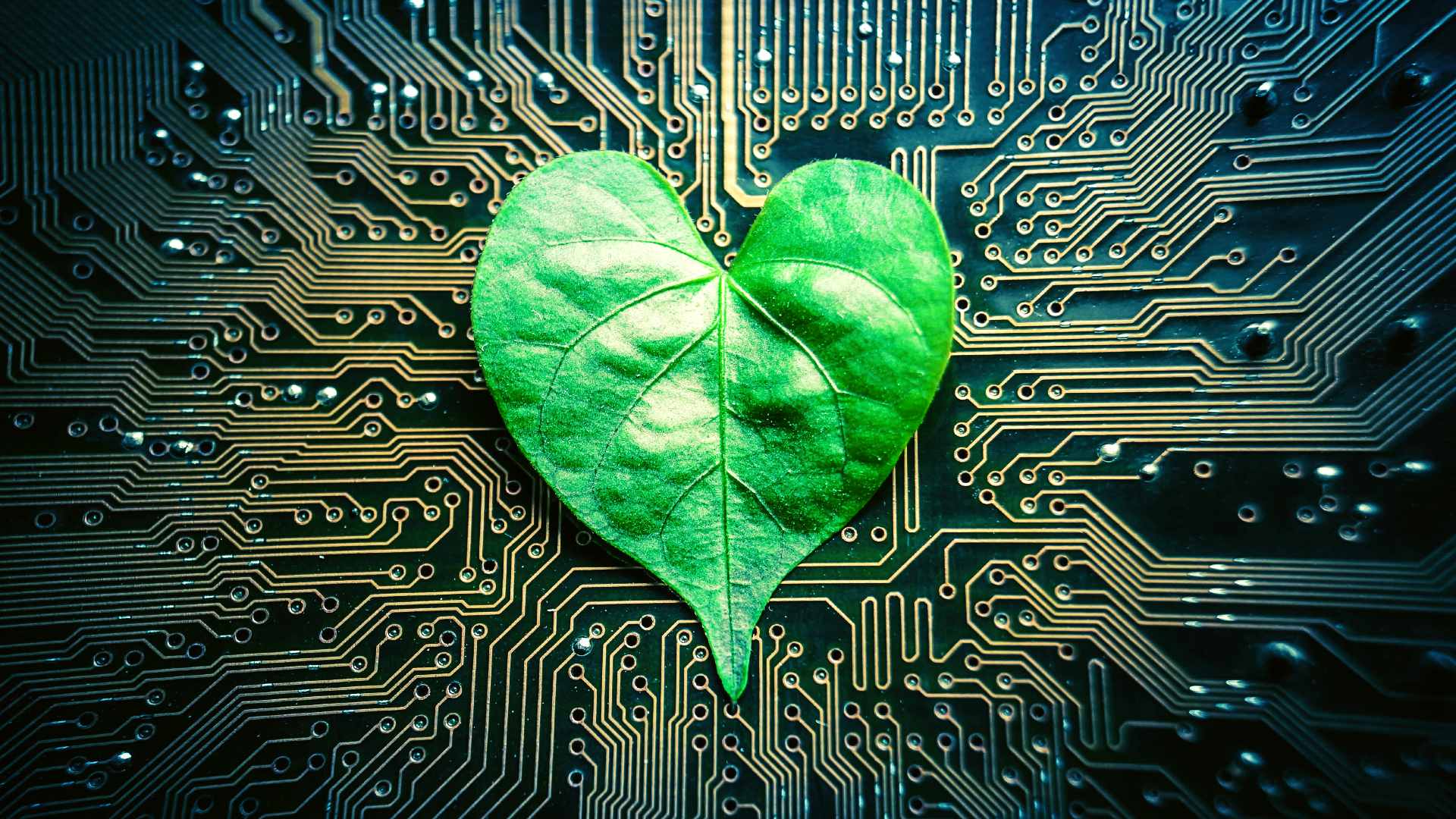8 Ways To Raise Earth-Friendly Eco Warriors
Going green and being eco-friendly are important daily habits that all of us must practice. By consciously making small, earth-friendly changes to our lifestyles as a family, children learn valuable lessons about how to lead a sustainable and eco-friendly lifestyle, taking responsibility for their actions and helping save the planet.
So what go-green habits you should try inculcating in your children to get them to embrace the basics of environmental responsibility?
Try these 8 practical ways to raise your little earth-friendly eco warriors:
1. Spend more time in nature
The first step in encouraging children to go green is to help them develop a healthy attitude and respect for nature to feel connected to earth. Children are more likely to want to take care of the natural world when they feel that it is an important part of their daily lives and they have a role to play in keeping it alive. Every little bit matters. Going for nature walks together as a family; growing a veggie patch in your backyard or community garden; or visiting a farm are just a few ideas to get children interested in the environment. Planting a tree is also great as trees remove more carbon dioxide from the atmosphere, lower the atmospheric temperature and can help in Singapore’s effort in combatting climate change and environmental sustainability in the long run.
2. Focus on daily impact
With all the information we have about environmental issues, getting children to do something that makes a difference, is key. In other words, part of becoming an earth-friendly eco warrior means using available information to make a proactive, positive change in their lifestyle without being forced to do it. For instance, to help with the global water crisis and the daily impact they have on the Earth's resources, families can choose to lower their combined water usage at home together, by taking shorter showers, turning off the tap while brushing their teeth or soaping dishes.
3. Use environmentally-friendly means of transport
Not only do walking or cycling contribute the least amount of damage to the environment, but they are also great alternatives for being healthier and more physically fit. Make it a family day out exploring a new park or neighbourhood on foot or on a bicycle. And encourage everyone to get into the habit of ditching the car for more environmentally-friendly public transport options to get there.
4. Reduce, reuse, recycle
The importance of following these three R’s cannot be stressed enough. Reducing the amount of wastage or clutter in your life; giving things a second life by reusing them; and then finally disposing them off correctly are important habits to teach children for life. Not everything needs to end up in a landfill, and by sorting waste so that it can be recycled appropriately can go a long way in reducing overall wastage. Buying rechargeable batteries for toys and gadgets is great too, as it reduces garbage and keeps toxic metals, like mercury, out of landfills. Encourage children to adopt fun DIY projects involving recycling or reusing common daily things such as cardboard boxes, toilet rolls, plastic and glass bottles, to upcycle trash into useful treasures. For instance, they can help cut down on plastic bags by transforming old t-shirts into reusable grocery bags.
5. Conserve energy
Encourage children to help save energy by making small changes such as turning off lights and fans when leaving a room, closing the fridge door faster and even turning off the TV if no one is watching it. Even better, replace regular light bulbs with energy-efficient ones, which although cost more initially, last much longer and use a fraction of the energy.
6. Start composting
It might get a little smelly sometimes, but not only composting is great for the environment, it’s also a fun way to teach children about what can be reused versus what needs to be trashed. Start your own little compost bin collection at home and contribute your food waste to your local community garden or give it to a friend who has a garden.
7. Eat less meat
Making a conscious effort to consume less meat as a family is much easier now with the wide variety of plant-based options available. Children already know the serious effects of greenhouse gases and depleting resources as a result of rearing animals, so practicing a few fun things such as Meatless Mondays, Wegetable Wednesdays and Fruity Fridays for some meat-free options will go a long way in raising eco-friendly warriors.
8. Want not, waste not
Someone’s trash is someone else’s treasure. Hand-me-down or second-hand toys, books, clothes and even shoes in good condition can help someone in need, rather than be wasted and end up in a landfill. Teaching children to regularly donate or pass on their things that are in good condition is a great habit to adopt for life.
For the latest updates on Wonderwall.sg, be sure to follow us on TikTok, Telegram, Instagram, and Facebook. If you have a story idea for us, email us at [email protected].





/roundup_19_april_2024_rectangle.jpg?sfvrsn=898f23d7_1)





